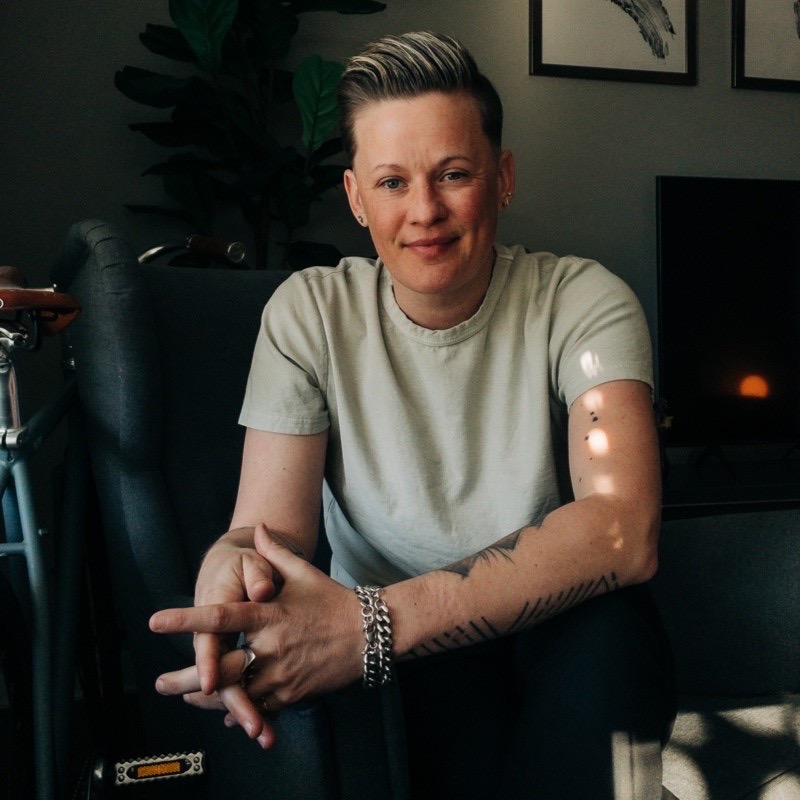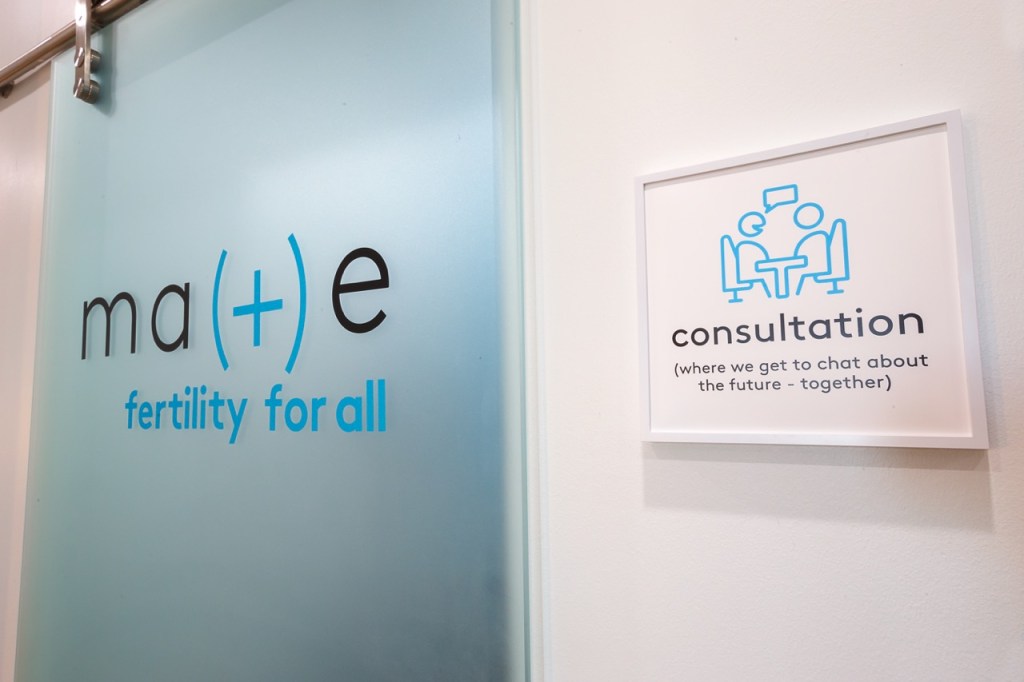Fertility treatment is a huge industry, but traditionally it has been very geographically and demographically limited. U.S. fertility clinics are concentrated in the top 10 metropolitan areas across the country, and around 82% of recipients of care have historically been Caucasian, heterosexual married women living in a big city making more than $100,000 a year. Mate Fertility is looking to change that, bringing high-quality, people-centered fertility treatment to a multitude of underserved communities. It is closing its Series A round next month, having raised the first $4.2 million of a $5 million round, predominantly from institutional investors. The company is taking the unusual step of looking to close out the round with some crowdfunding to give the community a chance to be part of the round.
Since the last time we spoke to Mate, the company added a new CEO, in the form of Traci Keen, who was originally hired as the company’s head of finance, according to her LinkedIn profile.
“The fertility industry was really built as a niche industry not so dissimilar from plastic surgery. I don’t think that anybody thought in the early late-70s, early 80s that infertility was going to be at the level of societal need that it is today,” explains Keen. “There has never been a systemic increase in the production of people who are able or performing these procedures. So the Mate fertility model is really a business model innovation built in a way to accommodate meeting, or at least starting to get closer to meeting, demand.”
Future Family takes in new capital as need for fertility treatments increases
That demand we’re talking about is pretty intense: The company tells TechCrunch there were 300,000 cycles of IVF performed in 2021; in order to meet demand, it would have needed to be 3 million cycles.
“Geography is really the number one limiting factor,” says Keen. “Our goal is to make it geographically accessible. So we partner with OB/Gyns in underserved markets or underserved communities within broader markets, to bring these services back into their practice rather than having to have them refer out and then patients having to travel great distances to get these treatments.”
Mate Fertility provides both practical and logistical support and vital education for those delivering treatment as part of its program.
“We deliver three things before a clinic opens,” says Keen. “We project manage the build-out of an IVF lab. We educate the providers, so that’s broken into three sections. There’s didactic learning, there’s simulation training and then there’s proctoring. And then we also do marketing for the clinic. So they all roll up under the Mate Fertility brand.”
“We take a lot of time to make sure, number one, that the providers understand the mission, that they’re aligned with us, and that vision of creating access holistically to all people who want treatment,” says Keen. “And then we make sure that we’re getting positive responses from patients as they go through the journey.”
Conceive wants to answer the loneliest questions in healthcare
“We have different pieces that are wrapped around the patient and then we have different pieces that are wrapped around the provider,” explains Keen. “We have a call center. We have a tech stack that we implement, and we also use optimized dosing techniques for patients based on the latest data.”
The company was originally founded with two male-presenting co-founders. “When I started Mate Fertility, we had a vision of broadening access to fertility care for all families, irrespective of gender, race or socioeconomic status. This vision got the company started, and Traci was one of our first hires. Over time, we realized that she was so much more than a Head of Finance, and was actually the most talented person we had who could help turn this big vision into a reality through meticulous execution,” says the company’s co-founder, Gabriel Bogner, in a statement to TechCrunch. “Not only is she a seasoned operator, but she is also a part of the LGBTQ+ community, and exudes a passion for our mission. ‘Promoting’ Traci was, in reality, just giving her a title for the role she was already dabbling in: being the key driver of our direction and the execution of our business plan. Hiring Traci, and promoting her, was the best decision we made since inception.”
While the company has been doing its best to adopt to a changing landscape, fertility treatment itself, the company says, has been very slow to change its approach. Mate maintains that its approach to both people and technique is entirely different than the rest of the industry — and that it’s delivering results.
“We take a different approach and say ‘What is the latest technology? What do the latest data tell us about dosing mechanisms?’ We handle the lab oversight and compliance and embryology program for our partners as well,” explains Keen.

As well as tackling the geographical limitations of fertility treatment, Mate is focused on providing a more financially accessible treatment program to anyone who wishes to build a family.
“And we’re also less expensive because there’s a big socio-economic factor involved here,” says Keen. “We try to be a lot more agnostic about how we talk to patients, even from the first take, we acknowledge that there are a lot of single people trying to build families, there are a lot of LGBTQ people, people of color, transgender people. We make sure that we’re not assuming an identity when we talk to a patient to make it a much more comfortable experience across the board.”
But above anything else, Mate is claiming that its updated treatment cycles deliver better results:
“At our flagship facility, we have 22% above clinical national average clinical pregnancy rates, and we’re 30 to 40% less expensive than other providers in the area,” says Keen. And this leads to great hopes for the future: “We have three open facilities, and we’ll have two more coming online this year and hopefully many, many more after that, and the goal is really to make fertility treatment accessible, affordable and high quality with positive outcomes on both mental and physical basis.”
With respect to its consumers, Mate is focused on speaking to and supporting people who want to have babies.
“We take a strong position that there’s historically a lot of discrimination, especially in the rural markets that we look at. And we know that how you speak to patients matters, whether that’s single patients or LGBTQ patients,” says Keen. “We take a great deal of care to make sure that our contents are written a lot more friendly to single people, or LGBTQ people. We do a lot of education with our providers in the beginning about how to address transgender patients.”
Keen doesn’t see Mate Fertility’s model and potential for growth as limited to the fertility industry. It can apply equally to other elements of the healthcare system, too.
“We’re building it for fertility, but I always take a pretty agnostic view and say that this is a solution that could work for other things, other types of specialized care in a really efficient and effective manner,” says Keen, “because when we look at our medical industry as a whole it’s pretty broken consumer experience, and it’s also not great for the doctors.”
How compassion and inclusivity are helping Kindbody change the fertility industry































Comment